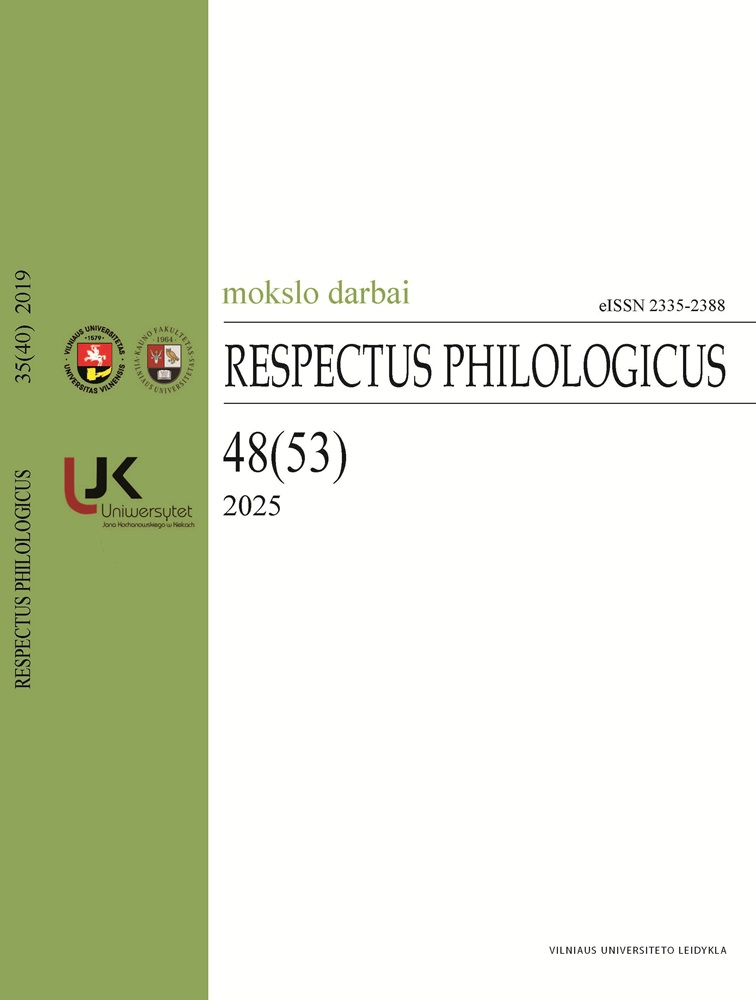- Home
- Issues
- For authors
-
About
About the Journal Journal Policy Editorial Masthead Editorial Masthead Editorial Masthead Editorial Masthead Editorial Masthead Editorial Masthead Editorial Masthead Editorial Masthead Editorial Masthead Editorial Masthead Editorial Masthead Editorial Masthead Editorial Masthead Editorial Masthead Register Contacts Peer-Review
“Coalition of October 15” vs. “Coalition of December 13”. Colonisation of Time From a Linguistic Perspective

